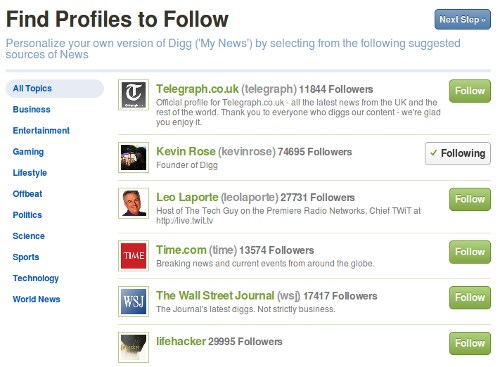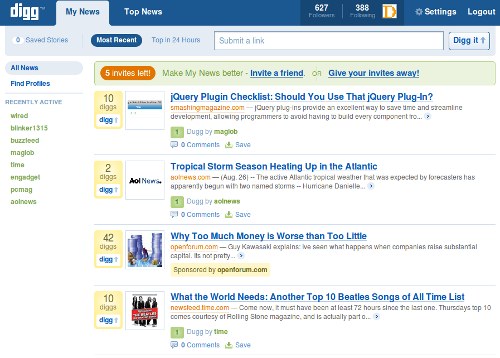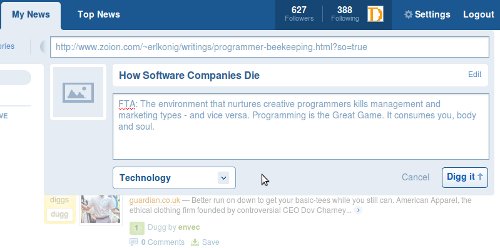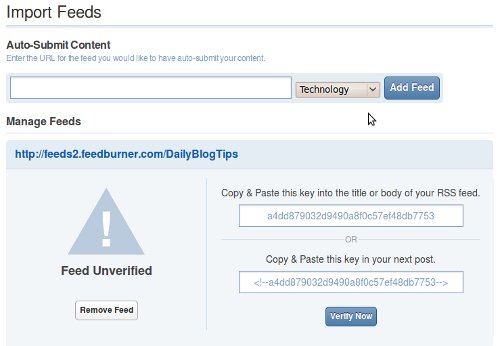Yesterday I received an email from one of our readers, asking on what social media sites he should try to secure his name (which can be either his personal name, or his website/business name, depending on what brand he is trying to promote).
In my opinion there are two that are absolutely a must: Twitter and Facebook. All the others are optional. Depending on the type of business you have some niche social sites might be compulsory too. For instance, if you are a photographer you should try to secure your name/brand on Flickr too.
That being said, if you have time available it could be a good idea to secure your name on as many social sites as possible. This will solidify your brand and enable you to interact with your audience/customers on many different platforms.
There is a web tool that helps with this task. It is called namechk.com.

You just need to put the desired name on the search box and the tool will check whether it’s available on not on around 150 social media sites. You can also use it as a list of the sites where you can go and create a profile, as some of them will also let you place a backlink to your website.
source: dailyblogtips







